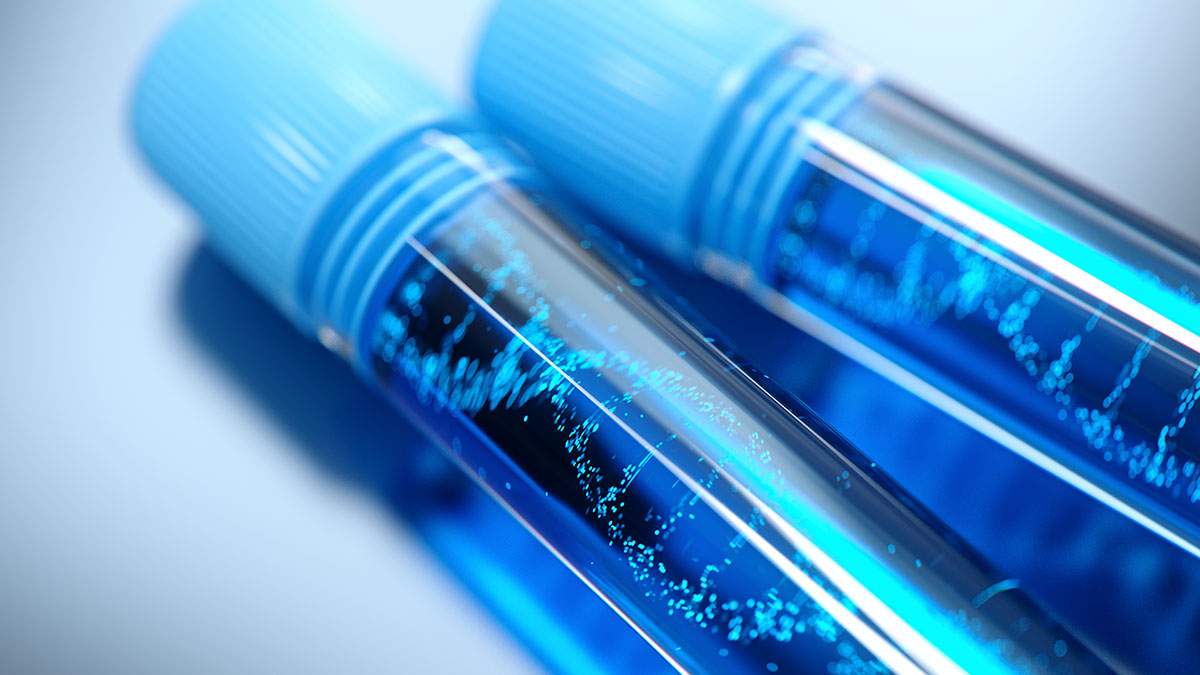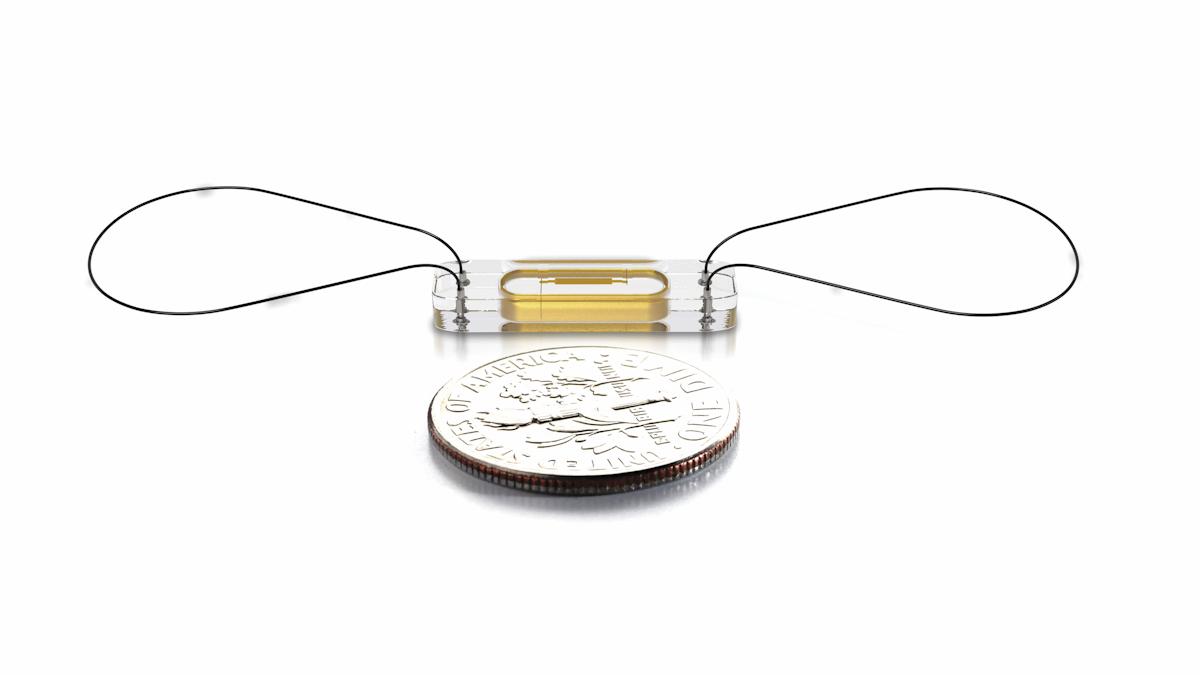AHA: First data backs AskBio’s heart failure gene therapy

Bayer’s AskBio unit has reported the first clinical data for its congestive heart failure gene therapy, showing preliminary signs of efficacy with no serious adverse events linked to the treatment.
The phase 1 data comes from the first 11 patients treated with AB-1002 (also known as NAN-101), an adeno-associated virus (AAV) therapy. It delivers a gene coding for a therapeutic protein, called inhibitor-1 or I-1, which blocks the activity of protein phosphatase 1 (PP1), thought to play a role in the development of heart failure.
PP1 levels are known to be increased in the failing heart and seem to be involved in depressed cardiac function and the development of cardiomyopathy.
The results of the study – reported at the AHA annual congress – come from the NAN-CS101 study looking at various doses of AB-1002 given as a single intracoronary artery infusion to people with NYHA Class III heart failure.
Three of six patients in Cohort 1 of the study who completed 12 months of follow-up after into the heart had “clinically meaningful” improvements in left ventricular ejection fraction (LVEF), a measure of heart performance, according to Bayer.
There were also improvements in other measures like the NYHA Functional Class (NYHA FC), Minnesota Living with Heart Failure Questionnaire (MLHFQ), cardiopulmonary exercise test (VO2 max), and 6-minute walk test (6MWT).
In a second group of four evaluable patients in Cohort 2 of the study, two showed improvements in MLHFQ and NYHA FC, and all showed clinically meaningful improvements in LVEF at 12 months, compared with baseline. A fifth patient suffered a fatal event that was not thought to be related to the study treatment.
“Although current management has improved survival in CHF patients, most therapies do not treat the underlying causes, consequently the current standard of care does not reverse the trajectory of the disease to ultimate end-stage heart failure and death,” said lead investigator Timothy Henry of The Christ Hospital in Cincinnati.
“These results show delivery of AB-1002 was well tolerated and resulted in positive efficacy outcomes in some patients with non-ischemic congestive heart failure,” he added. AskBio is in the planning stages for a phase 2 trial of AB-1002.
Bayer launched its cell and gene therapy business in 2020, shortly before it acquired AskBio for $4 billion, and has been rounding out its portfolio with other investments, including a $240 million takeover of BlueRock Therapeutics, which is developing a cell therapy for Parkinson’s disease.
AB-1002 is one of several clinical-stage gene therapy programmes being run by AskBio, along with candidates for Pompe disease, Parkinson’s disease, Huntington’s disease, multiple system atrophy and limb-girdle muscular dystrophy (LGMD).












